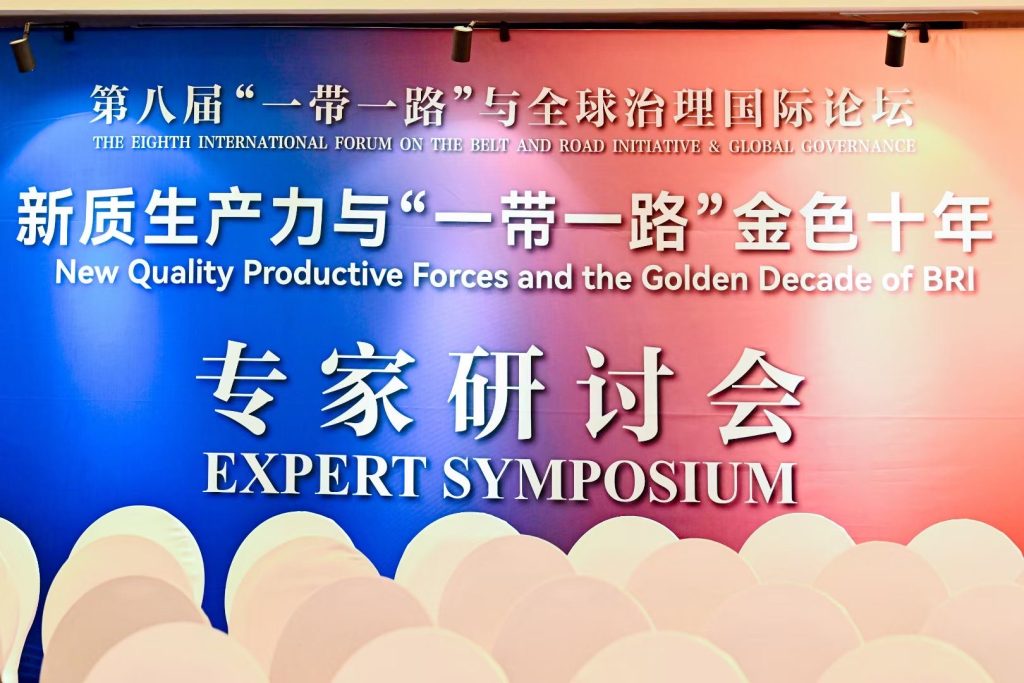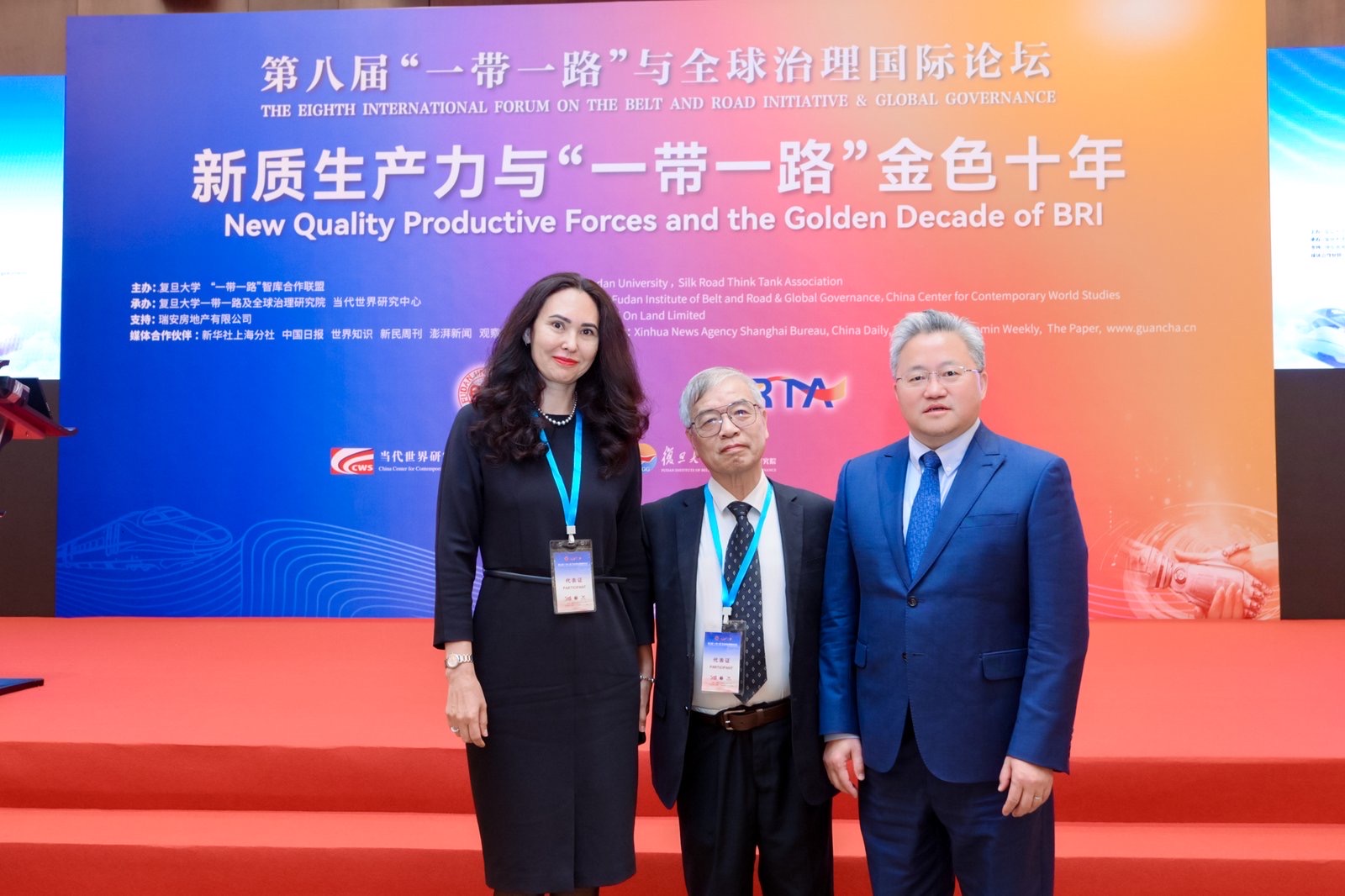
The 8th International Forum on Belt and Road Initiative (BRI) and Global Governance, held from November 14 to 17, 2024, at Fudan University, Shanghai, served as a pivotal platform for discussing the future of the Belt and Road Initiative under the theme “New Quality Productive Forces and the Golden Decade of BRI”. Co-hosted by Fudan University and the Silk Road Think Tank Association of the CPC Central Committee, the event was organized by the Fudan Institute of Belt and Road & Global Governance and the China Center for Contemporary World Studies. This annual forum has grown into an influential international stage, fostering dialogues on global governance and fostering collaboration between academia, governments, and industries.
The forum convened political and academic elites from across the globe, including leaders from think tanks, international organizations, and universities. Esteemed participants such as Vice Minister Lu Kang, Jiao Yang (Dean of the Fudan Institute), and prominent experts addressed critical issues, such as infrastructure development, green initiatives, digital economy cooperation, and regional connectivity under the BRI framework.

Representing Kazakhstan, Gulnar Shaimergenova, Director of the China Studies Center, delivered a compelling speech titled “China and Kazakhstan Jointly Implement the Belt and Road Initiative.” Her address emphasized the strategic and historical significance of the partnership between China and Kazakhstan, highlighting the initiative’s role as a transformative force for regional connectivity, trade, and sustainable development. Ms. Shaimergenova outlined the robust progress achieved through initiatives such as the modernization of key transit hubs (e.g., the Khorgos Dry Port and Lianyungang Logistics Base), showcasing Kazakhstan’s pivotal role as a logistical bridge between Asia and Europe. She underscored President Kassym-Jomart Tokayev’s commitment to advancing Kazakhstan’s transport and logistics sector while aligning it with BRI goals.
The forum facilitated discussions on various subtopics, including geopolitics, geo-economics, and digital innovation, with notable input from representatives of global organizations and academic institutions. By fostering intellectual exchange and practical collaborations, the 8th BRI Forum reinforced its role as a cornerstone for envisioning a sustainable and interconnected global future.
